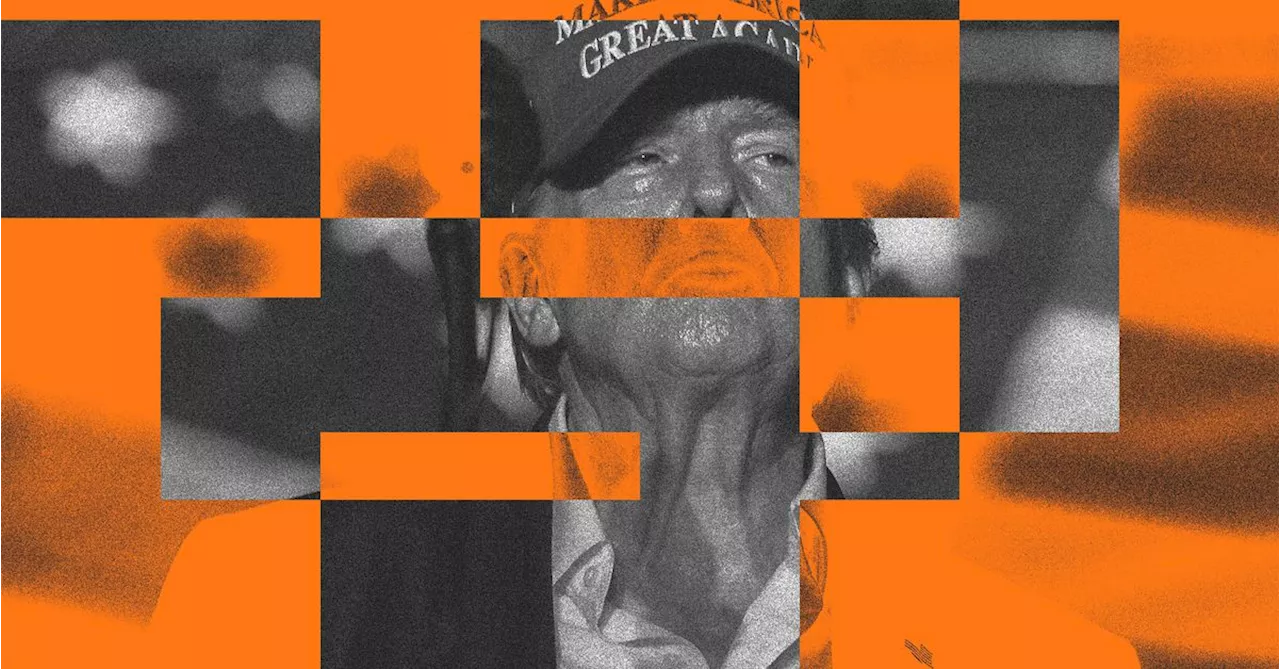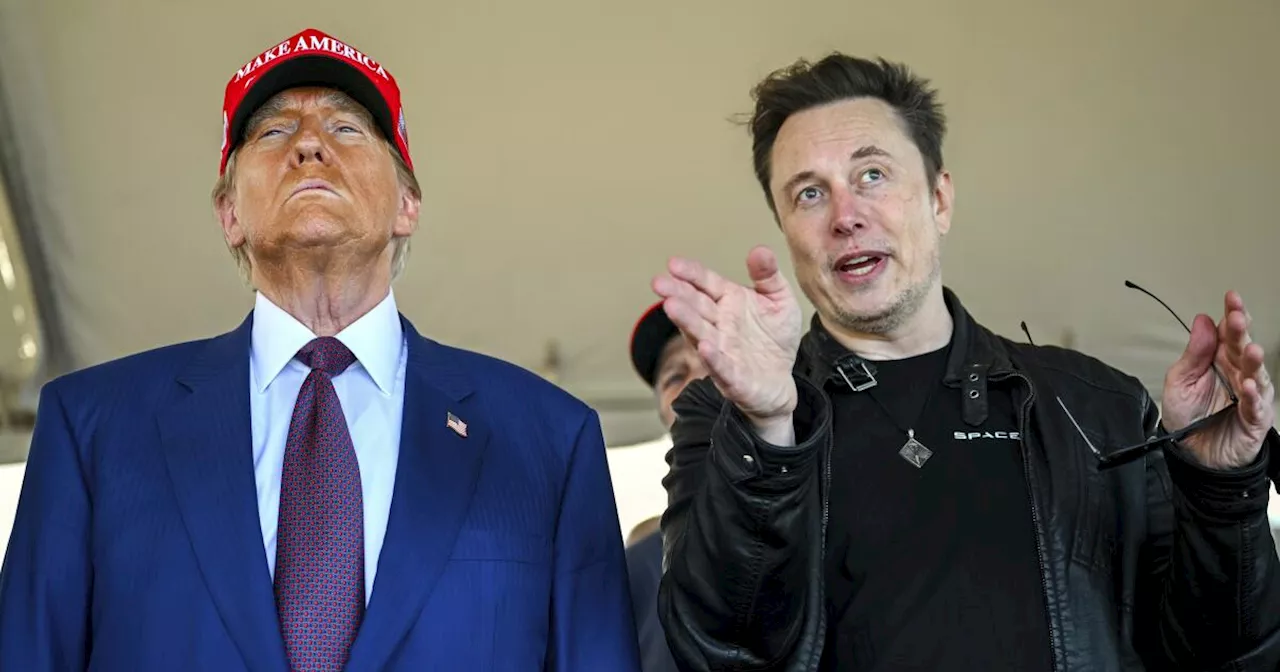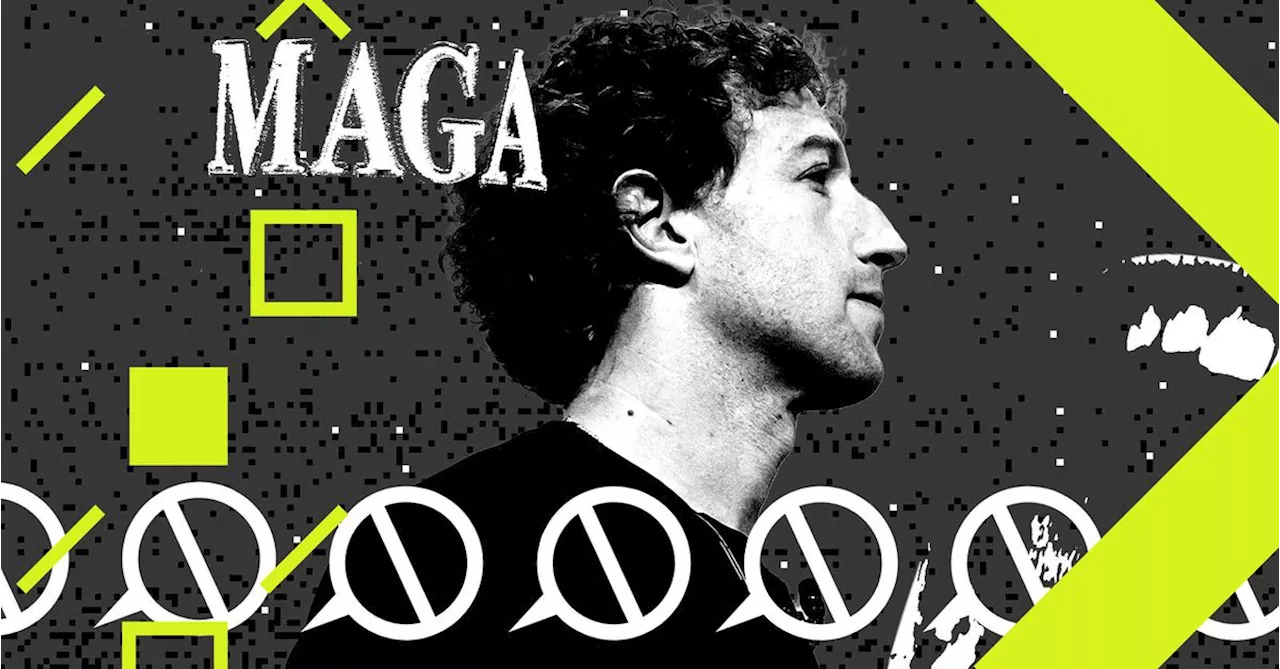This episode of Decoder explores the chaotic intersection of big tech, the second Trump administration, and the future of online speech. We discuss Meta's relaxed content moderation policies, the controversial TikTok ban, and the geopolitical battles shaping the internet landscape. Join us as we unpack the implications of 'gangster tech regulation' and the erosion of free speech online.
Today's episode of Decoder delves into a particularly complex web of ideas. The tech landscape has been in turmoil recently as the second Trump administration ushers in an unprecedented era of discourse surrounding internet control. Meta has relaxed its rules, allowing for more hate speech and slurs on its platforms. TikTok has experienced a tumultuous ride, being banned and then partially reinstated. Notably, several tech CEOs attended the second Trump inauguration.
A significant collision, or perhaps even a merger, is underway between the immense power wielded by billionaires and that of the state. And everyone who relies on technology for communication – essentially, everyone – finds themselves caught in the middle. To help navigate this intricate landscape, I spoke with Kate Klonick, a lawyer and associate professor at St. John's University School of Law. We explored the various approaches taken by the Trump administration in handling companies like Meta and TikTok, and the very concept of free speech online. While inconsistencies abound, one unifying factor emerges: the sheer scale of these companies and their entanglement in major geopolitical battles. Kate recently returned to the US after spending over a year in Europe studying how those nations perceive the internet. She offers valuable insights into how these geopolitical conflicts are shaping the present and future of online speech and the internet itself. These struggles have a tangible impact on how ordinary individuals experience these platforms. Just a few weeks ago, Mark Zuckerberg made a significant announcement regarding changes to content moderation on Meta platforms. He's phasing out fact-checking in favor of crowdsourced community notes, and his new terms of service permit a substantial amount of bigoted and transphobic content that was previously, at least nominally, against the rules. This can be interpreted as a shift in Zuckerberg's stance, a move towards embracing the MAGA agenda, and his recent haircut certainly suggests a middle-aged man seeking to reclaim his youthful confidence. However, these changes also have international implications: the EU's Digital Services Act proposes potentially stringent and costly regulations on social media platforms. If Trump favors Zuckerberg and Facebook, he might engage in a trade war with Europe on Meta's behalf. This isn't speculation; Zuckerberg himself has stated his desire for this outcome from Trump. In essence, Zuckerberg is trading transphobia for a new kind of trade war.This type of strategic maneuvering will define how tech companies navigate the Trump 2.0 era. Here at The Verge, we're referring to it as 'gangster tech regulation,' and there's much to unpack. Furthermore, there's the inherent 'Trumpiness' of it all – a philosophy of power that prioritizes outcomes above all else, disregarding the legitimacy or fairness of the processes leading to those outcomes. This creates fertile ground for widespread corruption and, frankly, dictatorial tendencies. We've witnessed this this week with the TikTok ban, another casualty in the geopolitical struggle for control of online speech. Congress passed a law banning TikTok unless the app was divested of its Chinese ownership. However, Trump has chosen to disregard this law for political gain, even though ignoring it carries such severe penalties that Apple and Google are unwilling to risk having TikTok return to their app stores. Trump now claims he will force a sale and that he wants the US government to own 50% of TikTok. This idea is so problematic that Kate and I struggled to enumerate all the First Amendment concerns it raises.If you'd like to delve deeper into the stories and topics discussed in this episode, please refer to the links below
TECHNOLOGY INTERNET FREE SPEECH SOCIAL MEDIA TRUMP META TIKTOK REGULATION GANGSTER TECH
United States Latest News, United States Headlines
Similar News:You can also read news stories similar to this one that we have collected from other news sources.
 EU Faces Enforcement Challenges in Tech Regulation Amid Trump's ReturnThe EU's efforts to enforce its new Digital Services Act (DSA) face scrutiny as President-elect Donald Trump returns to the White House. Concerns arise about the EU's ability to effectively regulate Big Tech, particularly as U.S. tech companies may seek to challenge EU rules. Despite ongoing investigations into platforms like Meta and X (formerly Twitter), questions remain about the implementation and enforcement of the DSA.
EU Faces Enforcement Challenges in Tech Regulation Amid Trump's ReturnThe EU's efforts to enforce its new Digital Services Act (DSA) face scrutiny as President-elect Donald Trump returns to the White House. Concerns arise about the EU's ability to effectively regulate Big Tech, particularly as U.S. tech companies may seek to challenge EU rules. Despite ongoing investigations into platforms like Meta and X (formerly Twitter), questions remain about the implementation and enforcement of the DSA.
Read more »
 EU Official Defends Strict Tech Regulation Amidst Trump's ReturnDespite growing concerns about enforcement following Donald Trump's return to the White House, a leading EU official insists on continuing strict regulations against Big Tech. The Digital Services Act (DSA), implemented in 2024, empowers the EU to control harmful online activities and disinformation. Investigations are ongoing against major platforms like Meta, Instagram, Facebook, X, and TikTok. The official emphasizes the EU's clear legal basis for these regulations and its commitment to enforcing them against all companies, regardless of nationality.
EU Official Defends Strict Tech Regulation Amidst Trump's ReturnDespite growing concerns about enforcement following Donald Trump's return to the White House, a leading EU official insists on continuing strict regulations against Big Tech. The Digital Services Act (DSA), implemented in 2024, empowers the EU to control harmful online activities and disinformation. Investigations are ongoing against major platforms like Meta, Instagram, Facebook, X, and TikTok. The official emphasizes the EU's clear legal basis for these regulations and its commitment to enforcing them against all companies, regardless of nationality.
Read more »
 Trump's Tech Regulation Agenda: What CEOs Can Expect in a Second TermWith Donald Trump sworn in for a second term as US president, the tech industry is bracing for a period of major policy shifts. CEOs of major tech companies, who learned to navigate the unpredictable waters of Trump's first term, are already vying for his favor. The next four years could see a wide range of changes impacting tech companies, from tariffs and data privacy to climate change and immigration. This article explores the key areas where Trump's decisions could have a significant impact on the tech sector.
Trump's Tech Regulation Agenda: What CEOs Can Expect in a Second TermWith Donald Trump sworn in for a second term as US president, the tech industry is bracing for a period of major policy shifts. CEOs of major tech companies, who learned to navigate the unpredictable waters of Trump's first term, are already vying for his favor. The next four years could see a wide range of changes impacting tech companies, from tariffs and data privacy to climate change and immigration. This article explores the key areas where Trump's decisions could have a significant impact on the tech sector.
Read more »
 Fox News AI Newsletter: CES 2025 Tech, Biden's AI Orders, and Trump's Tech AgendaThe latest AI technology advancements, including cutting-edge health and fitness tech from CES 2025, Nvidia's pushback against Biden's AI export order, and the Biden administration's final rule on AI chip exports. Plus, insights into the incoming Trump administration's plans for AI and global innovation.
Fox News AI Newsletter: CES 2025 Tech, Biden's AI Orders, and Trump's Tech AgendaThe latest AI technology advancements, including cutting-edge health and fitness tech from CES 2025, Nvidia's pushback against Biden's AI export order, and the Biden administration's final rule on AI chip exports. Plus, insights into the incoming Trump administration's plans for AI and global innovation.
Read more »
 Tech Visionaries vs. Trump's Base: Immigration Sparks Divide in Trump MovementAn online clash between President-elect Donald Trump's tech-aligned supporters and his MAGA base has exposed internal divisions within his political coalition. The debate, ignited by Laura Loomer's criticism of Trump's AI advisor Sriram Krishnan, centered on immigration policies and the tech industry's need for skilled workers. Elon Musk, Vivek Ramaswamy, and David Sacks defended the tech sector's stance, while hard-right voices argued for prioritizing American workers and questioned the values of Silicon Valley.
Tech Visionaries vs. Trump's Base: Immigration Sparks Divide in Trump MovementAn online clash between President-elect Donald Trump's tech-aligned supporters and his MAGA base has exposed internal divisions within his political coalition. The debate, ignited by Laura Loomer's criticism of Trump's AI advisor Sriram Krishnan, centered on immigration policies and the tech industry's need for skilled workers. Elon Musk, Vivek Ramaswamy, and David Sacks defended the tech sector's stance, while hard-right voices argued for prioritizing American workers and questioned the values of Silicon Valley.
Read more »
 Tech Leaders Warn Against New AI Export RegulationTech industry leaders are pushing back against a new Biden administration regulation that would limit exports of artificial intelligence, arguing it is too broad and could harm the U.S. global dominance in AI.
Tech Leaders Warn Against New AI Export RegulationTech industry leaders are pushing back against a new Biden administration regulation that would limit exports of artificial intelligence, arguing it is too broad and could harm the U.S. global dominance in AI.
Read more »
